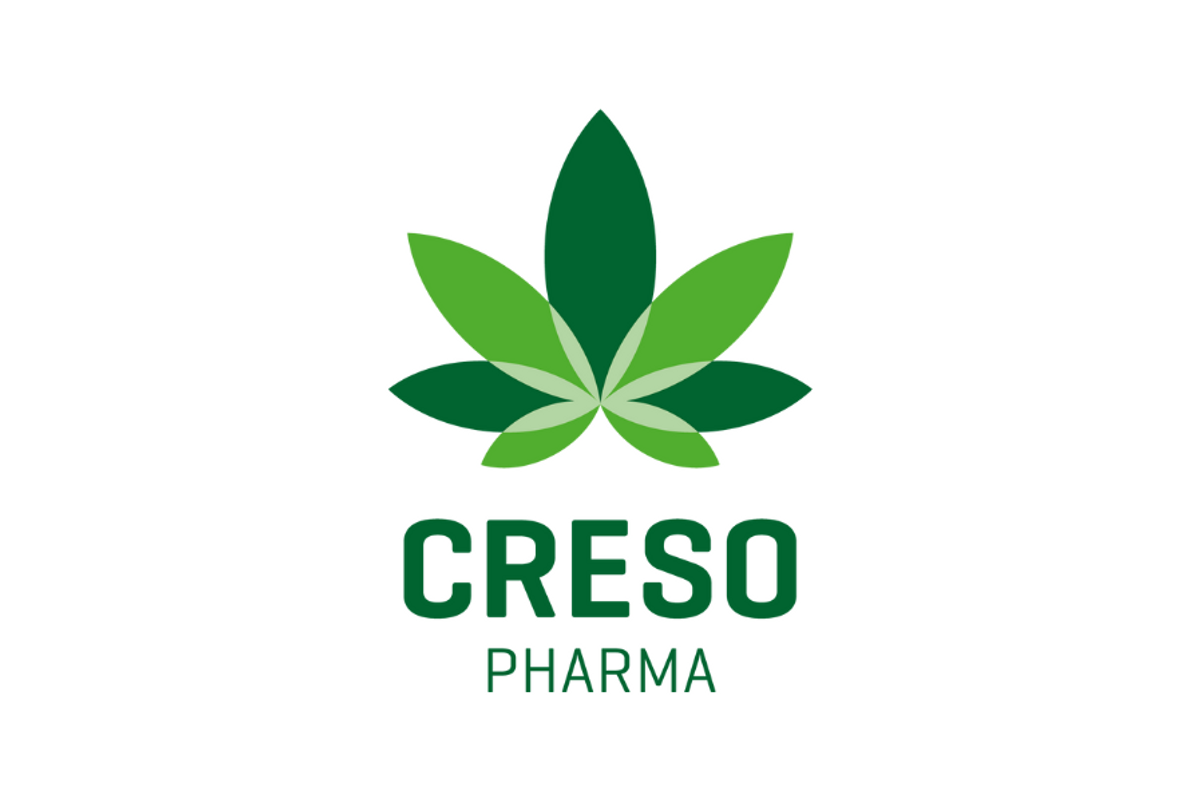
May 22, 2023
Creso Pharma Limited (ASX:CPH, FRA:1X8) (‘Creso Pharma’ or ‘the Company’) is pleased to provide the following update on progress through wholly-owned Canadian subsidiary, Mernova Medicinal Inc. (‘Mernova’), which has continued to achieve strong growth in purchase orders in May, as well as an extension of licenses with Health Canada and Canada Revenue Agency.
Highlights:
- $C593,926 (A$662,131i) of new purchase orders (“PO”) secured in May from provincial partners and wholesalers
- Takes total Q2 FY2023 sales to C$1,090,172 (A$1,215,365i) following A$553,957 in POs generated in April 2023 and division’s maiden cashflow positive position in Q1 FY2023
- Ongoing sales highlight Mernova’s leading brand position in Canada, underpinned by a growing product suite and enviable province footprint
- Health Canada License LIC-NQS67FH60D extended for a further five years in accordance with the Cannabis Act and Cannabis Regulations – following stringent review by Health Canada inspectors
- Canada Revenue Agency also extends the Cannabis license under the Excise Act, 2001 for additional five years allowing to maintain security in a form satisfactory to the CRA and in an amount determined by the Regulations Respecting Excise Licenses and Registrations
- Mernova continues to explore the potential to become a Good Manufacturing Practice (GMP) licensed facility and the ability to export products to GMP regulated countries
Strong sales momentum continues in Q2 FY2023:
The Company reports that Mernova has generated C$593,926 (A$662,131i) in new purchase orders in May 2023. New POs are from a range of province partners and wholesalers across Canada and for the Company’s dried flower, pre-roll joint and electronic vaporiser products.
May 2023 sales take total unaudited Q2 FY2023 sales to C$1,090,172 (A$1,215,365i) and follows the A$553,957 in POs generated in April 2023 (refer ASX announcement: 1 May 2023) and the division’s maiden cashflow positive position in Q1 FY2023 (refer ASX announcement: 19 April 2023).
Management is continuing to stringently manage costs associated with Mernova, while focusing on revenue growth. The Company looks forward to providing further sales updates, with these latest POs highlighting Mernova’s growing footprint across Canada and ongoing consumer demand.
Licencing and regulatory updates:
The Company has also continued to advance a number of initiatives to ensure that it continues to operate in line with stringent Health Canada guidelines. Mernova advises that Health Canada has extended license LIC-NQS67FH60D in accordance with the Cannabis Act and Cannabis Regulations for an additional five years, through to February 2028. The license extension follows a thorough Good Production Practices (GPP) inspection by the regulators which deemed Mernova’s facility as fully compliant with the Cannabis Act and Regulations.
Further, the Canada Revenue Agency has also extended Mernova’s cannabis license for an additional five years, through to February 2028. This allows Mernova to maintain security in a form satisfactory to the CRA and in an amount determined by the Regulations Respecting Excise Licenses and Registrations in Canada.
Mernova is continuing to explore the potential to become a Good Manufacturing Practice (GMP) licensed facility and will continue to provide updates as developments materialise.
Management commentary:
CEO and Managing Director, Mr William Lay said: “Mernova continues to deliver strong sales growth via province partners and we have a positive outlook through to the end of Q2 and beyond. We continue to witness pleasing demand for the group’s product range which is now sold through eight Canadian provinces.
“As well, the group’s commitment to acting within regulatory guidelines has been highlighted with the extension of two licenses with Health Canada and Canada Revenue Agency respectively. The Company continues to assess the potential to become a GMP licensed facility and will update shareholders on developments as they materialise.”
Click here for the full ASX Release
This article includes content from Creso Pharma, licensed for the purpose of publishing on Investing News Australia. This article does not constitute financial product advice. It is your responsibility to perform proper due diligence before acting upon any information provided here. Please refer to our full disclaimer here.
The Conversation (0)
Latest News
Interactive Chart
Latest Press Releases
Trading Halt
7h
Equity Metals Exhibiting at the 2026 PDAC
06 February
Related News
TOP STOCKS
American Battery4.030.24
Aion Therapeutic0.10-0.01
Cybin Corp2.140.00